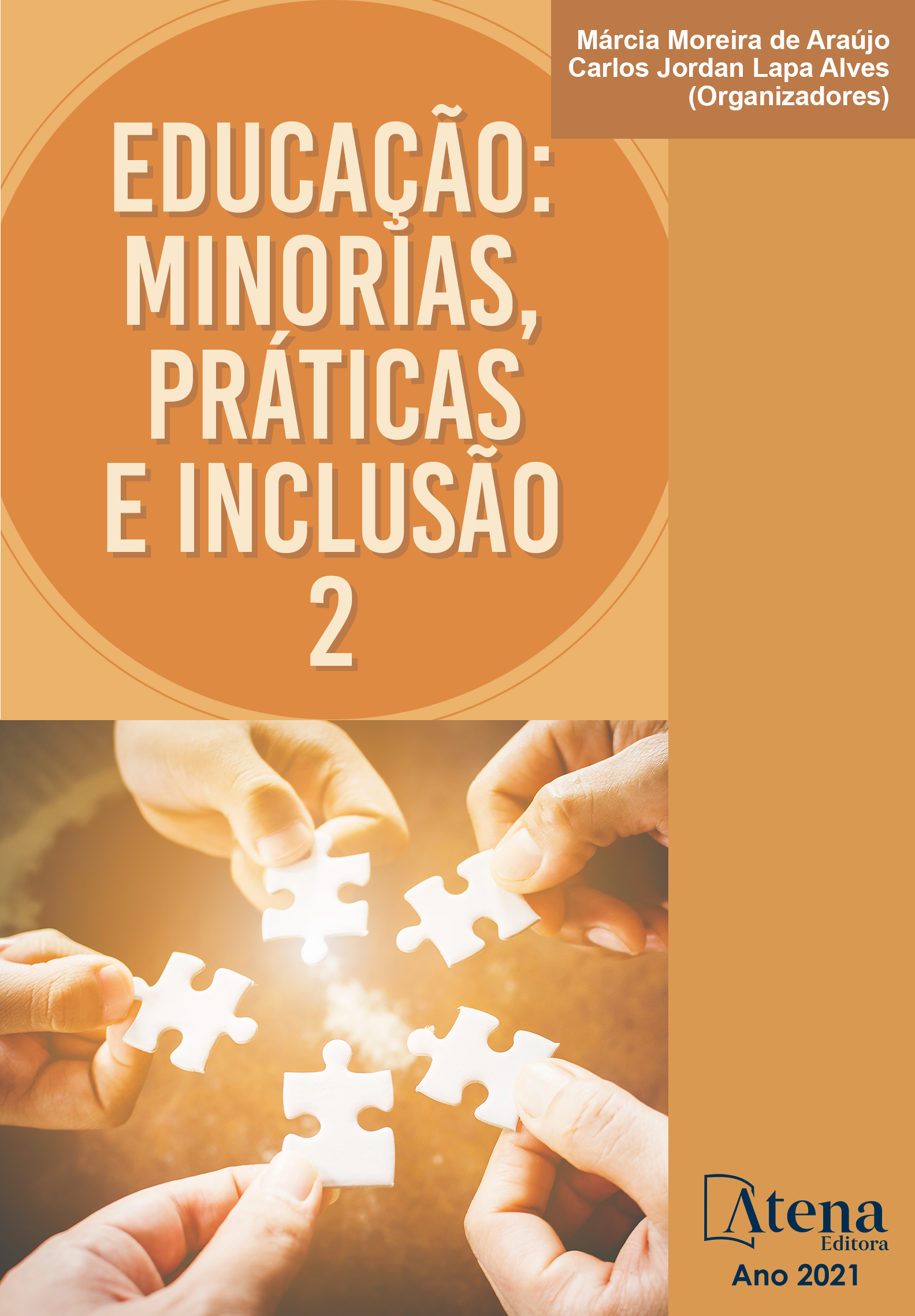
INCLUSÃO ESCOLAR DO ALUNO COM SÍNDROME DE DOWN: DESAFIOS, AVANÇOS E LEGISLAÇÃO
Este trabalho tem como temática a inclusão do aluno com Síndrome de Down no contexto escolar. O objetivo geral do estudo é compreender como ocorre a educação inclusiva da criança com Down no ensino escolar. Os objetivos específicos são: fazer uma contextualização histórica e social das pessoas com necessidades especiais; analisar a participação da família e da escola no processo de inclusão escolar de crianças com S.D; Conhecer as políticas públicas e legislação voltadas para a educação inclusiva no cenário brasileiro. Como procedimentos metodológicos, utilizamos uma pesquisa bibliográfica com levantamentos de estudos acadêmicos sobre o tema e da legislação vigente no país da educação inclusiva. As referências consultadas permitiram constatar que a inclusão escolar de crianças com Síndrome de Down é um processo fundamentalmente importante, uma vez que seus direitos estão garantidos na Constituição Federal brasileira. Também constatamos que, apesar dos diversos avanços na legislação, ainda há muitos desafios para a inclusão escolar desse público. A literatura que subsidiou o tema baseou-se em autores como: Sassaki (2007), Alves & Pacheco (2007), Sacristán (2017). Percebe-se, então, que há diversos desafios no que concerne à temática e que é essencial se pensar em um processo de inclusão mais efetivo para a criança com Síndrome de Down no ensino formal, pois no contexto de violação de direitos, é de extrema importância a construção de estratégias de enfrentamento dessa questão.
INCLUSÃO ESCOLAR DO ALUNO COM SÍNDROME DE DOWN: DESAFIOS, AVANÇOS E LEGISLAÇÃO
-
DOI: 10.22533/at.ed.34321180526
-
Palavras-chave: Síndrome de Down. Inclusão Escolar. Legislação.
-
Keywords: Down syndrome. School inclusion. Legislation.
-
Abstract:
This work has as its theme the inclusion of students with Down Syndrome in the school context. The general objective of the study is to understand how inclusive education of children with Down syndrome occurs in school education. The specific objectives are: to provide a historical and social context for people with special needs; analyze the participation of the family and the school in the process of school inclusion of children with S.D. To know public policies and legislation aimed at inclusive education in the Brazilian scenario. As methodological procedures, we used a bibliographic research with surveys of academic studies on the theme and the current legislation in the country of inclusive education. The references consulted showed that the school inclusion of children with Down Syndrome is a fundamentally important process, since their rights are guaranteed in the Brazilian Federal Constitution. We also found that, despite several advances in legislation, there are still many challenges for the school inclusion of children with down. The literature that supported the theme was based on authors such as: Sassaki (2007), Alves & Pacheco (2007), Sacristán (2017). It is clear, then, that there are several challenges with regard to the theme and that it is essential to think about a more effective inclusion process for children with Down Syndrome in the school context, because in the context of violation of rights, it is extremely importance of building strategies to face this issue.
-
Número de páginas: 15
- Raqueline Castro de Sousa Sampaio
- Marli Ferreira de Carvalho Damasceno


